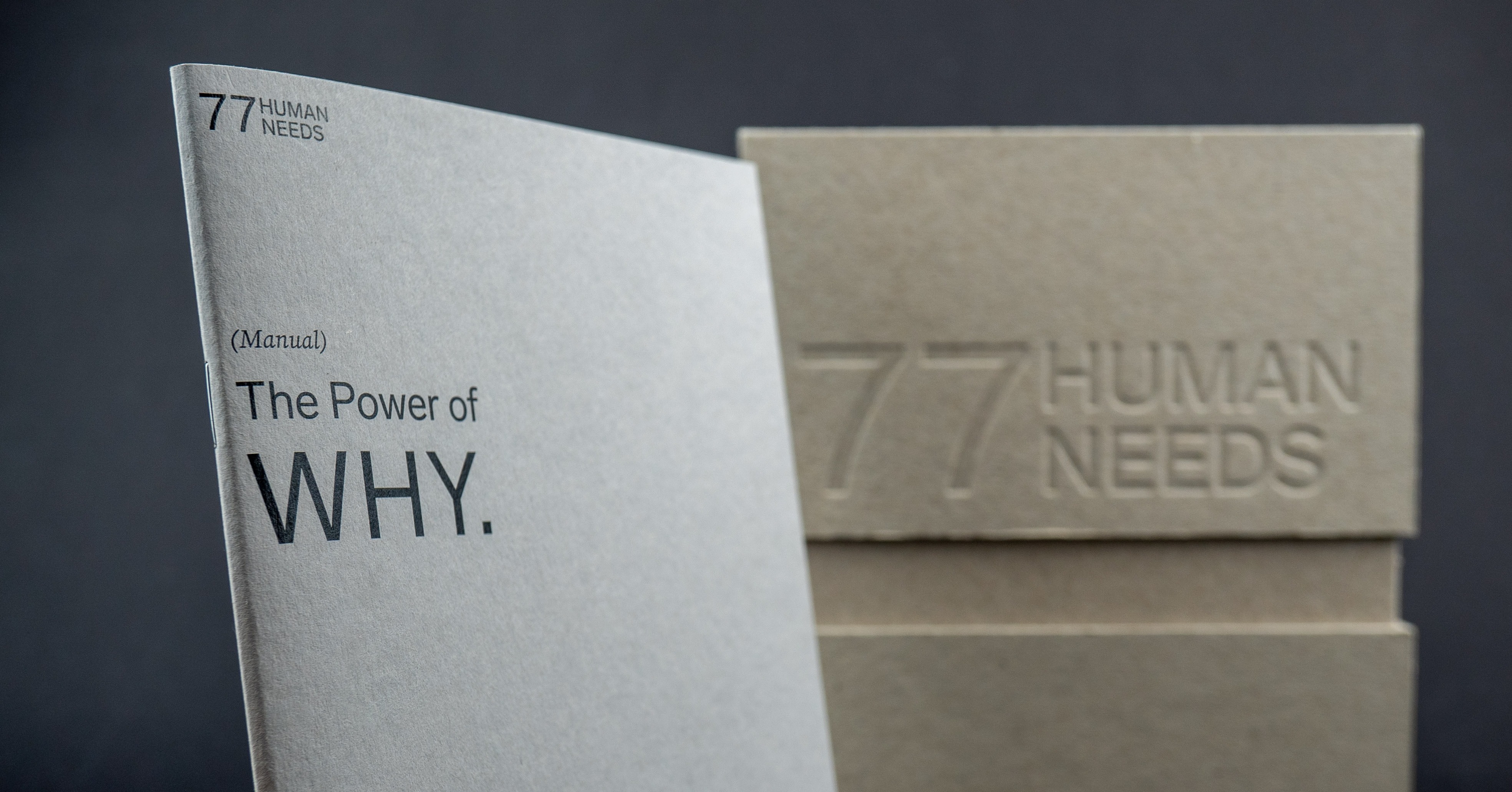Strategic challenge
Pietercil Group is a family-owned company in the fast-moving consumer goods (FMCG) sector, characterised by strong entrepreneurship. A family company with a long history and a solid business structure.
The company was looking for external support to optimise the complaints handling process for specific themes such as pricing and supply chain. Möbius brought employees together in a highly participative process, aimed at facilitating working group moments, providing Lean methods and being challenged by our objective, external perspective.
Approach
During the start-up of the project, expectations and objectives were aligned. We organised a kick-off with the team and conducted additional desk research to gain a quick insight into the processes.

We defined the scope of the 2 processes. We did this by drawing up targeted process charters, an ideal tool to take out during the course of the working groups in case there were deviations.
The project charter included:
-
Ownership of the process exercise, e.g. sponsor, team lead and facilitator
-
The problem definition and motivation
-
The problem statement, ideally quantitatively substantiated
-
The scope, both in and out of scope, as well as interfaces within the organisation
Afterwards, Kaizen techniques were incorporated through a number of working groups. In a first phase (AS-IS), the current E2E process was mapped.
We used the technique of ‘brown paper’ and ‘Makigami’ to facilitate the working group moments. This allowed us to visualise bottlenecks in a highly visual way, as well as create dialogue with the participants.
The technique allowed us to:
-
Map the various process steps, roles and responsibilities at a high level
-
The AHT (average handling time) and LT (lead time) to calculate the actual time worked and throughput time
-
Indicate per step where bottlenecks and waste were located in the process
Problems were then examined by a working group using the ‘5 x why’ technique. The joint sessions across teams provided some 'eureka' moments where, on the one hand, understanding was gained about, for example, the waiting time of activities and, on the other, waste could be identified.

During a phase of collective intelligence, all kinds of improvement ideas were introduced. In each case, we linked problem and impact, root cause and improvement initiative. In a final working group (TO-BE), the desired situation was drawn up, and actions and ownership were defined.
Of course, it didn't stop there, because the power lies in the tilt in the organisation for follow-up. Therefore, some steps were already taken towards setting up a day start with a visual performance board. This allowed:
-
Report on current operational performance
-
Make problems visible and take quick actions to eliminate sources of losses
-
Visualise the status of defined actions
-
Learn from past successes and problems and improve continuously
-
Increase employee autonomy
As with all Möbius projects, much attention was paid to change management, communication and information sharing during project implementation and integration.
Results
The collaboration between Möbius and Pietercil led to the following results:
-
Outlining a pragmatic process with clarification of roles and responsibilities
-
Process documentation according to predefined standards
-
Reduction of the number of complaints that can be handled within a predetermined turnaround time
-
Learning the Kaizen process technique
-
The listing of improvement initiatives with actions where quick win initiatives for employees were also defined through the 'art of making things small'.
Want to know how we support the Retail sector in their specific challenges? Ask us a question or contact one of our experts.
.png?width=1500&height=500&name=logo%20pietercil%20group%20(1).png)









